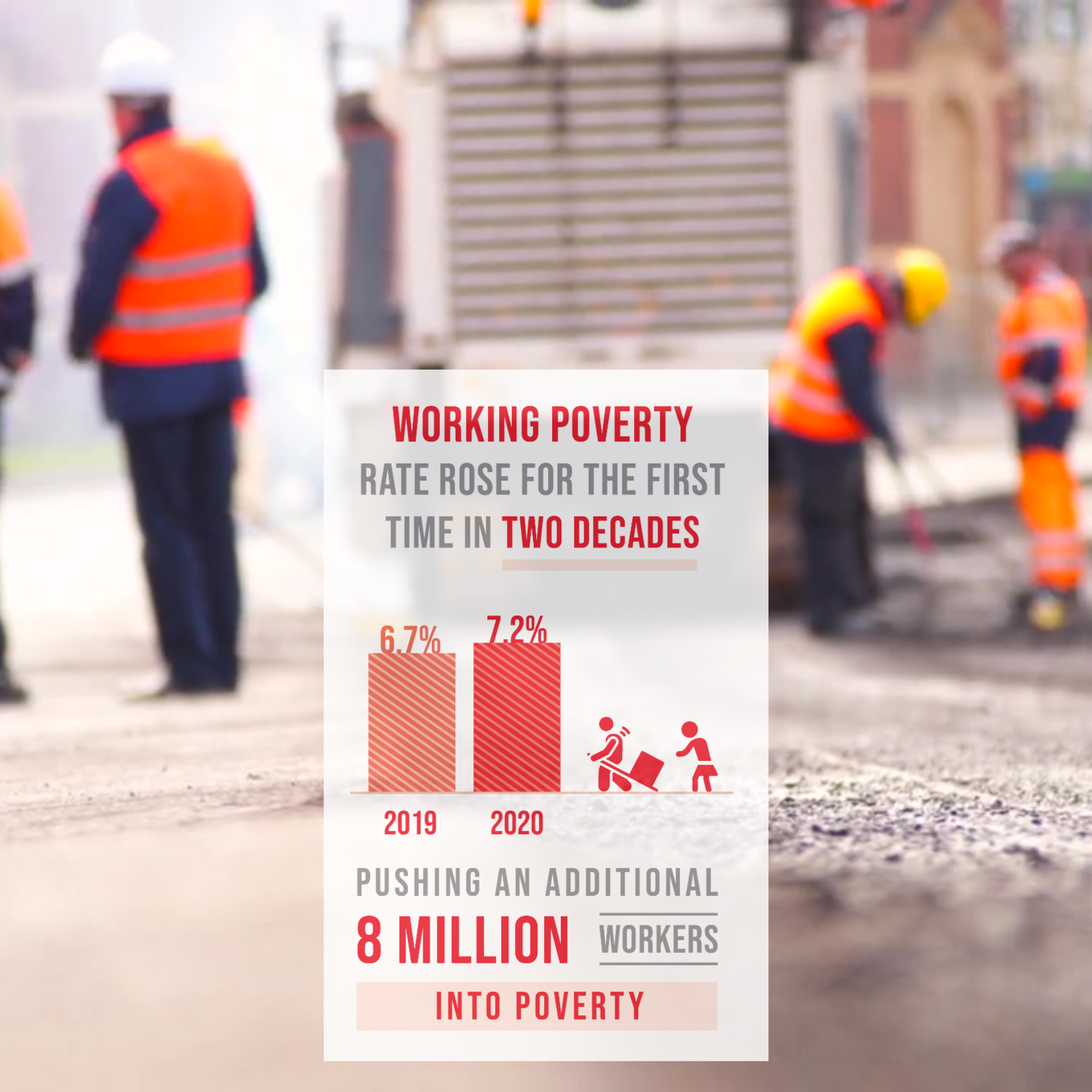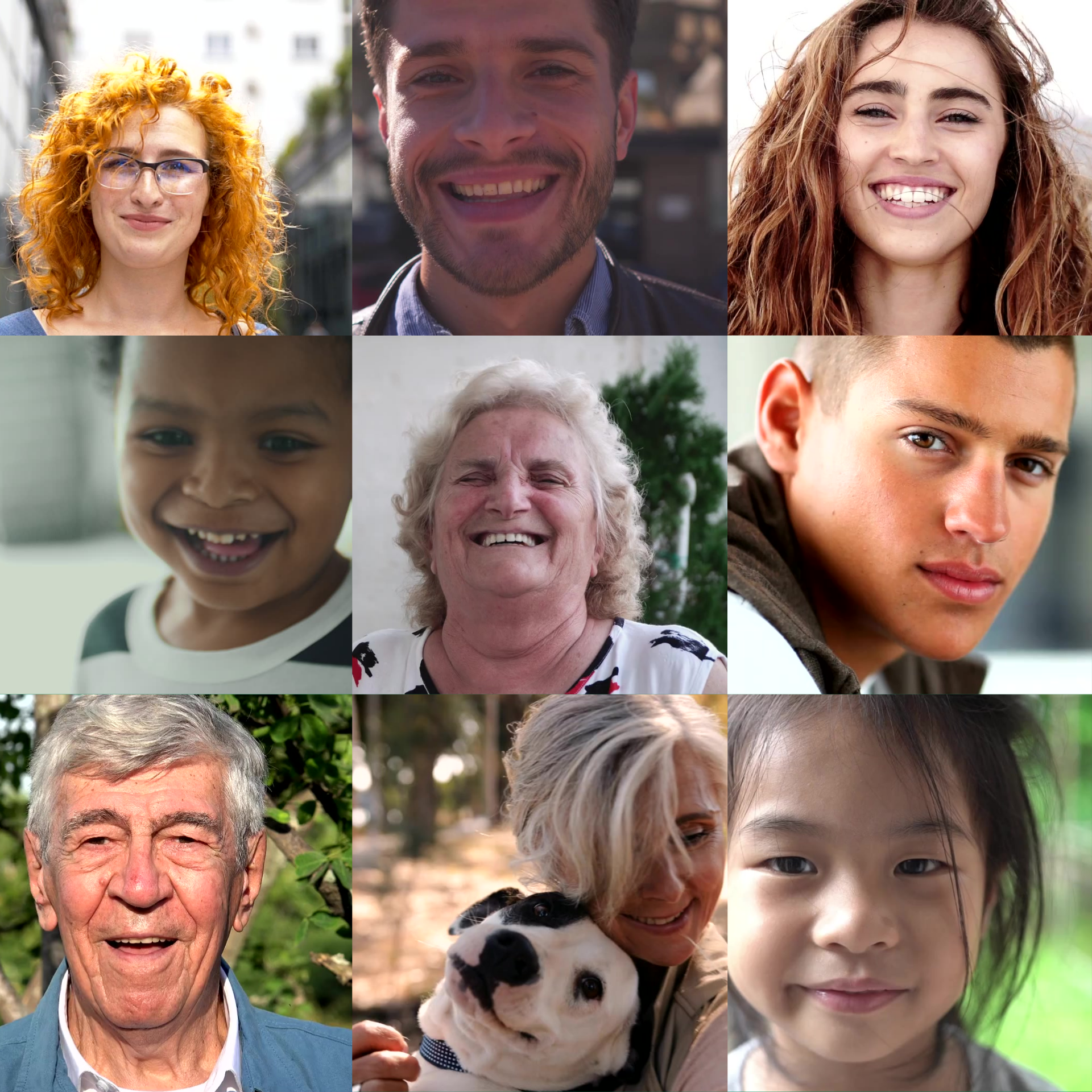SDG 1 - No Poverty - Sustainable Development Goals
Apr 03, 2023In 2015, leaders from 193 different countries agreed 17 global goals they felt the world needed to achieve by 2030. The first of these goals is about ending poverty in all its forms everywhere.

Poverty definition and types
Poverty is a state in which a person lacks the financial resources and essentials for a certain standard of living. Poverty can have diverse social, economic, and political causes and effects.
When I think about poverty it evokes images of malnourished children, entire families without shelter, food, water or sanitation. This is known as absolute poverty. One out of five children live in extreme poverty, and the negative effects of poverty and deprivation in the early years have ramifications that can last a lifetime. Often, people living in extreme poverty are not recognised as equals in society and experience discrimination, stigmatisation and exclusion.
But there is another type of poverty, relative poverty, which measures when a person cannot meet a minimum level of living standards, compared to others in the same time and place. The definition of relative poverty varies from one country to another, or from one society to another. Families ion relative poverty have some money, however, not enough to afford anything above the basics. They cannot afford the normal activities and opportunities that average earners have access to.
Poverty has many dimensions, but its causes include unemployment, social exclusion, and high vulnerability of certain populations to disasters, diseases and other phenomena which prevent them from being productive.

Extreme poverty cannot be solved by simply providing basic assets. In order to combat extreme poverty, the causes, maintainers and obstacles that prevent people from escaping extreme poverty also need to be considered.
More than one billion people have lifted themselves out of poverty over the past 25 years so we know that poverty can be tackled.
So how do we measure poverty? The UN measures extreme poverty when an individual goes below the $1.90 per day threshold. For many of us, the thought of earning $1.90 a day would be inconceivable.
The 2030 Agenda for Sustainable Development promises to leave no one behind and to reach those furthest behind first.
What would the world look like without poverty?
It would be a world of no homelessness, no unemployment and no charities. Society would have high literacy rates leading to employment, there would also be a decrease on mortality rates, particularly children and women.

Who wouldn’t want that world?
The dream starts to lose momentum when we think of our current capitalist economies, which fundamentally rely on a system where for one to succeed another one fails.
Is it fair to say that poverty has become a necessary part of the economic system? And if so, shouldn’t a major change of our economic systems be the first step to a possible solution?
What can you do to assist SDG 1?
Donating to charities or emergency appeals seems to be our first response as individuals, however, these novel actions support the symptoms rather than the root of the issue.
As individuals, exercising our right to vote is very important. Governments can help create an enabling environment to generate productive employment and job opportunities for the poor and the marginalized.
Paying taxes that assist the social care systems in our countries is a fundamental part of building a just society and reduce inequalities.
The private sector also has a major role to play, it can determine whether the growth it creates is inclusive and contributes to poverty reduction. Business owners can ensure they pay fair wages, that achieve at a minimum the National Living Wage of their countries.
Poverty is deeply intertwined with quality education, making SDG 4 (Quality Education) a vital ally in the fight against SDG 1. Through education, we equip individuals with the skills to escape poverty cycles, fostering opportunity and equality. If you're an educator inspired to drive change, our Educator's Academy Programme empowers you to deliver transformative lessons on sustainability and global goals like SDG 1 and SDG 4.
Learn how to integrate impactful education strategies into your classroom and be part of the solution. 🌍 Sign up today!
We would recommend that you subscribe to our newsletter to stay up to date with these blogs.
Thank you for reading today.
The FSG Team 💚



